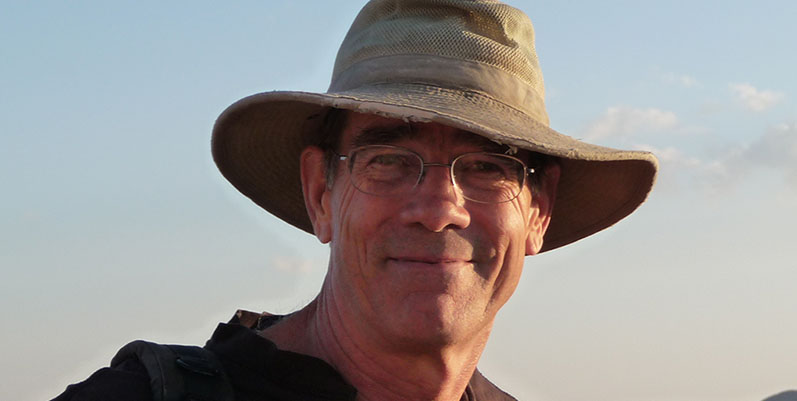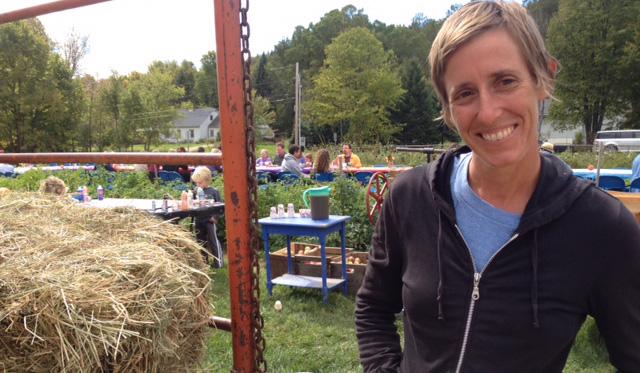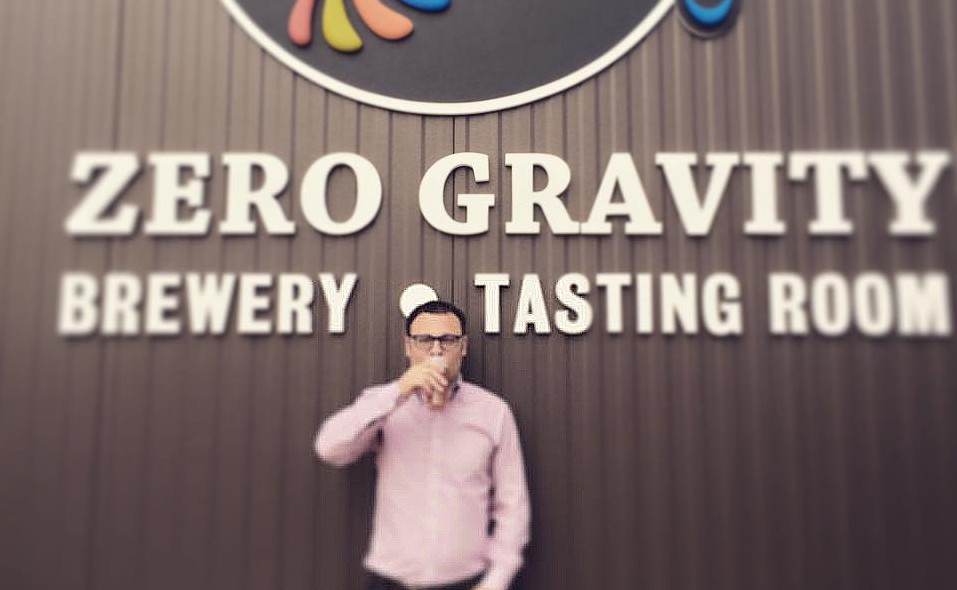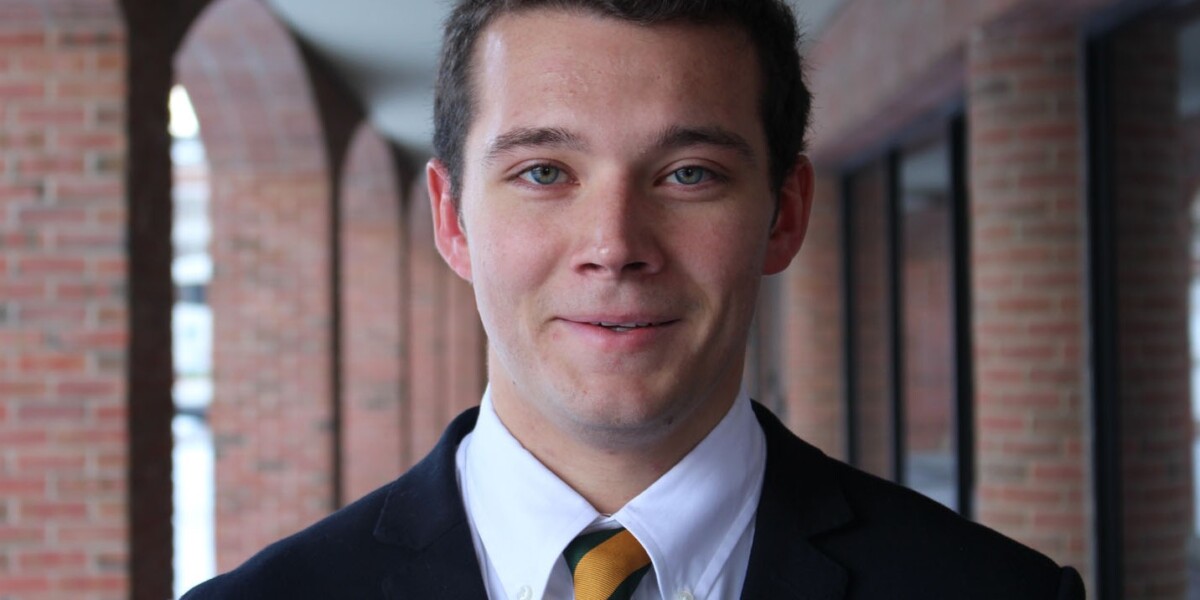Henry R. Carse is a writer, author, pilgrim theologian, and peace activist with more than 40 years of experience living and working in the Middle East.
Carse is the Founder of Kids4Peace International, a non-profit interfaith dialogue and action movement that engages Palestinian and Israeli youngsters and their families across the lines of conflict.
He lives in Vermont and is also a practicing first responder and EMT. He recently completed the UVM End-of-Life Doula Professional Certificate, an online 8-week program for people interested in the growing demand for end-of-life support.
We spoke to Carse about being an end-of-life doula during the COVID-19 crisis.
Why made you decide to learn how to become an end-of-life doula?
Some of the reasons we do these things are a little bit mysterious, even to ourselves. I lived all of my adult life in the Middle East. I returned to Vermont after the death of my parents, and I wanted to be engaged in the community. That’s when I received training as an EMT and also a first responder.
It was in the context of working as an EMT that I really became aware of how much we overlook the importance of a strong supportive presence for those who are dying—and their loved ones. Being in frequent contact with that kind of grief and loss, I’ve really tried to practice what I’ve learned in the doula program, before the arrival of the pandemic, in the context of working as an EMT.
What are the things from the UVM End-of-Life Doula program that you are drawing upon the most right now?
I’ll be 70 next year and I have asthma. So I found myself very soon being in the category of someone who needs to “shelter in place,” in order to “bend the curve” of the pandemic. I’ve been living in (what I call) “solitary refinement” in my house up in the woods for more than two weeks now. I think this may be a common situation for those of us who have completed the doula program who are among the older members of the community.
So, there is a built-in tension here. I want to start to learn how to practice being a doula in my community. I’m living alone, and I practice self-care and grounding for my inner life. I think this is so foundational to the doula work—just as it’s also foundational to go out to engage in the community, engage with clients, and to give the compassionate care we all need. There’s a real paradox here: it is an age-old quest for balance between contemplation and action.
We are in a caring profession, as doulas. I am just ready to take my first steps. But for many of us, we find it very difficult if not impossible to actually make personal contact with those we strive to care for. I find this challenging. I’m trying to focus on keeping balance at this point. I haven’t found the exact way for living this out in the world, but I’m focusing on, at the moment, really strengthening my own inner and spiritual balance—while reaching out to the community as well as I can.
What is concerning you the most about end-of-life care during the coronavirus outbreak?
I have really urgent concerns. I don’t know how it’s possible for those who are at their end-of-life journey, especially vulnerable people in our community, how they are able to receive the care they want and perhaps that their families want. This crisis is concerning me very, very deeply.
I would love to see and be able to take part in some kind of discussion to understand the ethics, the guidelines, and the support that’s needed to make it possible for doulas to be doulas in this age of pandemic. I’m very concerned for those members of the community who are elderly, who are sick, and who are entering their end-of-life journey at the same time as this pandemic. Who will be there for them in their final hours?
How do you think end-of-life doulas can help others during this challenging time?
I’m so open to ideas. I am involved in a local community effort to make phone calls to older members of the community. We’re calling everyone we can identify as potentially at risk. We find out what their conditions are, and see how they’re feeling, if they need anything practical done, and give them moral support. I know as I do this in the coming weeks, I’ll practice unconditional positive regard and compassionate listening and good grounding in myself. All these are wonderful teachings that were shared with us in the End-of-Life Doula program at UVM. These skills can also be used in “virtual” meetings and on the phone.
What tips or tools can you share with other end-of-life doulas or people interested in becoming an end-of-life doula?
I would recommend the UVM course. It’s such a beautiful course and it’s so timely. For those of you who are in health care situations, such as being an EMT, the first step might be a crisis response training for something called Critical Incident Stress Management (CISM). There are great online programs out there and it’s a good way to start if you are in the field helping people and are interested in the emotional and spiritual aspects of this work.
This could be a very long journey. But if you establish for yourself, each day, a spiritual framework that fosters and nourishes your soul, you’ll be stronger and ready to respond. Take good care—both “out there” in the world, and “in here” in your own doula hearts.
Learn more about the End-of-Life Doula Programs today.




